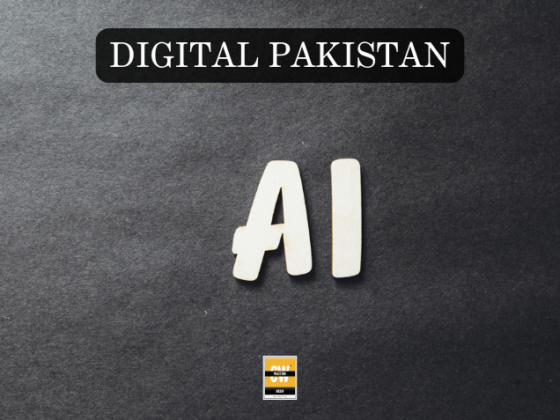Under the visionary Digital Nation agenda championed by Prime Minister Shehbaz Sharif, Pakistan has made significant progress in promoting digital inclusion, notably reducing the mobile internet gender gap from 38% in 2023 to 25% in 2024. This milestone is a testament to the government’s dedicated efforts toward empowering women, particularly those in rural and underserved areas, by expanding access to mobile internet technologies.
Last year alone, around 8 million women in Pakistan began using mobile internet, a figure that highlights the rapid growth in female digital adoption. This achievement reflects the strong leadership of Prime Minister Shehbaz Sharif and Federal Minister for Information Technology and Telecommunication, Shaza Fatima Khawaja, who have prioritized digital empowerment as a crucial pillar of Pakistan’s development strategy.
The Ministry of IT & Telecommunication has expressed gratitude to key stakeholders who have played an instrumental role in narrowing this digital divide. These include the Pakistan Telecommunication Authority (PTA), National Commission on the Status of Women (NCSW), mobile network operators, and various development partners. Their collaborative efforts in policy formulation, infrastructure expansion, and community outreach programs have helped accelerate women’s digital inclusion across the country.
This progress aligns with the broader goals of the Digital Pakistan initiative, which aims to harness technology to foster socio-economic growth and equitable access to digital services for all citizens. By bridging the mobile internet gender gap, Pakistan is not only enhancing women’s participation in the digital economy but also empowering them with opportunities in education, healthcare, entrepreneurship, and social engagement.
While the journey toward full digital equality continues, this reduction in the gender gap marks a significant step forward. The government remains committed to sustaining this momentum through innovative policies, targeted interventions, and strengthening partnerships with the private sector and civil society.
As Pakistan moves ahead, the focus will remain on ensuring affordable, reliable, and accessible mobile internet services reach every corner of the country. These efforts will help build an inclusive digital ecosystem where women have equal opportunities to thrive, contribute, and lead.
The government’s success in reducing the mobile internet gender gap stands as a beacon of progress and a model for other developing nations striving to achieve digital inclusion. With continued commitment and collaboration, Pakistan is poised to further empower women and accelerate its digital transformation journey under the leadership of Prime Minister Shehbaz Sharif and Federal Minister Shaza Fatima Khawaja.








